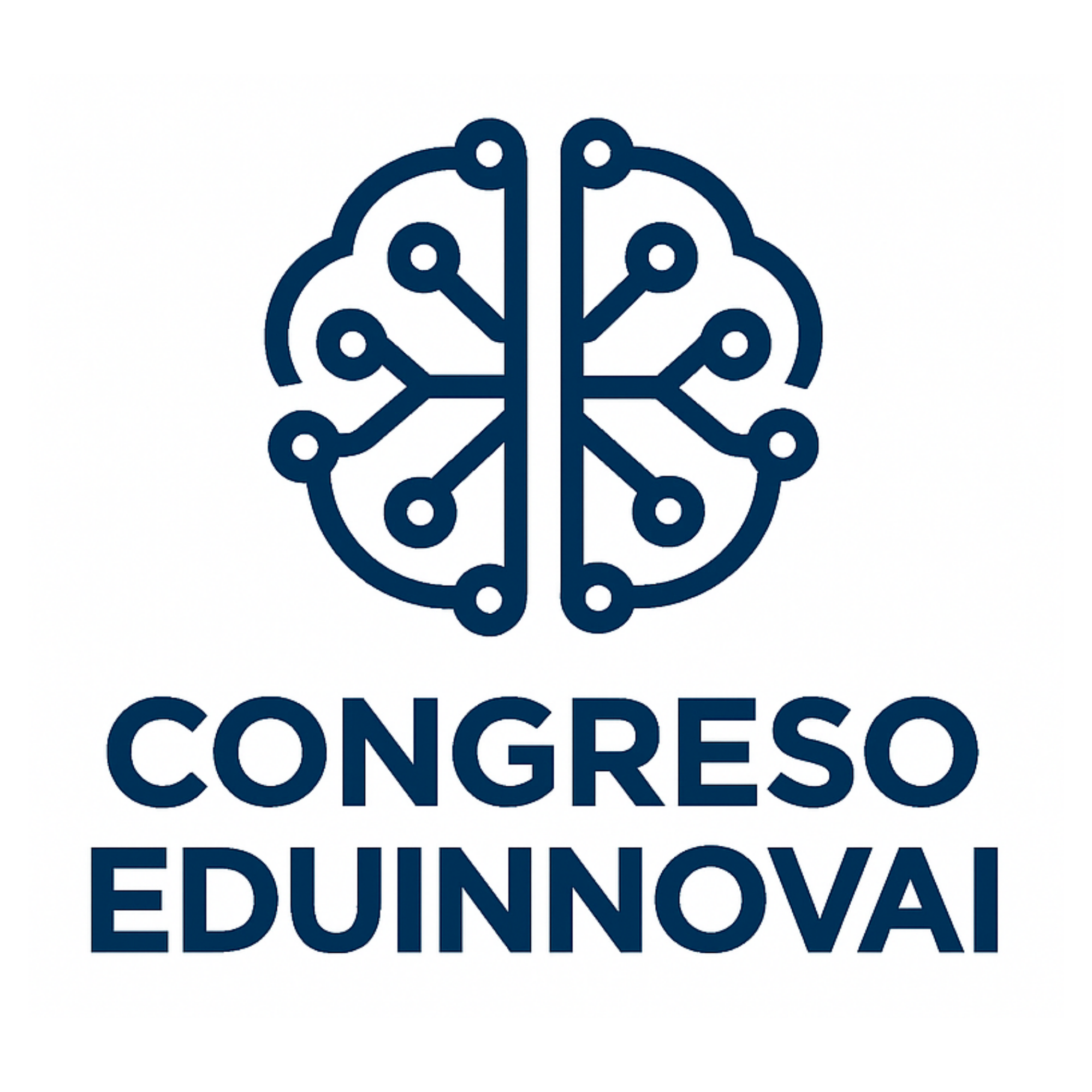EDUINNOVAI 2024 CONGRESS
THEMATIC AREAS
Flexible Learning Models: Hybrid Education and Digital Environments
- Research on the effective combination of face-to-face and online teaching to maximize student experiences and performance.
- Studies on “at-your-own-pace” learning models and their impact on student autonomy and motivation.
- Evaluation of non-formal learning environments such as MOOCs, educational innovation labs, and mobile learning platforms.
- Analysis of the adaptation of hybrid and digital educational models to different needs and socioeconomic contexts.
AI Literacy and Applications of Artificial Intelligence (AI) to the Teaching-Learning Process
- Development of AI Literacy, challenges, and emerging models.
- Implications of using AI for the development of digital competence among university educators.
- Evaluation of AI algorithms for educational content personalization and their impact on learning to customize learning and support students at risk of academic failure.
- Implementation of intelligent tutoring systems, chatbots, and AI tools that adapt teaching strategies according to student progress.
- Creation of curricula and content with AI.
- Analysis of AI tools for support, enhancement, and development of the teaching function.
Teaching Innovation in University Environments in the Digital Era: Methodological Approaches
- Analysis of AI in student-centered teaching.
- Implications of AI use in the development of active methodologies.
- Professional development of digital teaching competence.
- Research on new pedagogical approaches that integrate digital technologies into the teaching-learning process and improve student engagement and participation.
- Research on student-centered methods, such as Project-Based Learning, Challenge-Based Learning, and Service-Learning, in digital contexts.
- Case methodologies as a type of student-centered learning and problem-solving learning.
- Implications of using active methodologies for the professional development of university educators.
Gamification, Virtual and Augmented Reality in Education
- Research on the impact of gamification on student motivation and learning.
- Development of immersive experiences in virtual and augmented reality that enhance the understanding of complex concepts.
- Evaluation of the integration of AI tools in gamification environments and their effect on learning personalization.
- Case studies of successful implementation of immersive technologies at different educational levels.
Ethical Implications and Academic Integrity in the Use of AI in Education
- Research on biases in AI algorithms and their educational impact.
- Implications of AI in academic integrity systems and educational quality.
- Implications of AI in evaluation systems and verification of educational outcomes.
- Analysis of challenges related to privacy and data security in AI-powered educational tools.
- Development of ethical frameworks and guidelines for the responsible use of AI in educational contexts, considering educational levels and fields of teaching.
- Case studies examining the implementation of ethical AI in learning environments.
Artificial Intelligence and Digital Transformation in Educational Institutions
- Innovations in the integration of AI to improve educational management.
- Implications for the effectiveness and personalization of the educational experience.
- Studies on the training and professional development of administrators and educators in the effective use of AI tools.
- Evaluation of the impacts of digital transformation on educational management and administration.
- Analysis of AI adoption strategies to optimize decision-making and improve institutional efficiency.
Education in the Digital Environment and Sustainable Development Goals (SDGs)
- Studies on the integration of the SDGs into educational programs through digital tools.
- Development of educational materials and resources that address sustainable development challenges using AI and digital tools.
- Evaluation systems for educational programs on SDG challenges.
AI Applications in Entrepreneurial Education and Future Possibilities
- Studies on entrepreneurial education and the application of AI-based methodologies.
- Implications of AI use in the development of digital and entrepreneurial competencies.
- Development of educational materials and resources that address entrepreneurship content using digital tools.
- Entrepreneurial methodologies and AI.
- Evaluation systems for educational programs on challenges.
Use of AI in Educational Research: Predictive Uses and Data-Driven Education
- Application of AI to conduct large-scale educational research and data analysis.
- Use of predictive analytics to improve student retention rates and academic success indices.
- Research on data-driven, personalized educational interventions powered by AI.
- Evaluation of the reliability and validity of predictive models in diverse educational contexts.
Challenges of AI Application in the Development of Key Competencies and Learning Outcomes Assessment
- Defining the role of AI in the development of key competencies and higher-order cognitive skills such as evaluation, analysis, critical thinking, etc.
- Impact of AI-assisted writing tools like ChatGPT on the development of critical thinking and creativity in students.
- Implications of AI in evaluation systems and assurance of learning in educational outcomes.
- Analysis of ethical implications and transparency in AI-based assessment.
Society, Digital Inclusion, and Reducing the Digital Divide
- Studies on innovative strategies to reduce the digital divide and promote equity in access to education.
- Research on programs that ensure digital inclusion in underserved communities.
- Development of tools and resources that facilitate equitable access to technology and digital skills.
- Evaluation of the impact of digital inclusion on learning and social development.
Miscellaneous
- This category encompasses emerging and complementary topics in educational innovation.
- It provides a space to explore new ideas, research, and innovative practices that do not fit into the previous thematic areas.
- It encourages the presentation of interdisciplinary research that connects various aspects of teaching innovation.
- It promotes the exploration of emerging topics that may influence the future of education.
